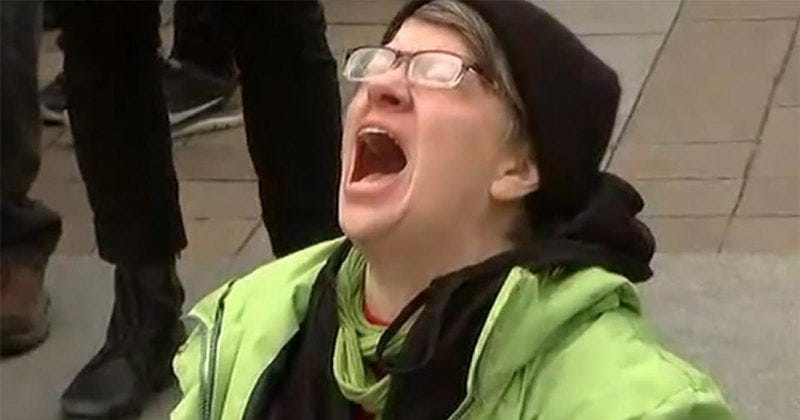The Scrupulosity Of The Woke Campus Radical
A review of ‘Cis White Gay: The Making of a Gender Heretic’ by Ben Appel
Every cult presents itself as a positive solution to the world’s problems. Every cult wants its children to carry on the cult into a new generation. As a result, Ben Appel writes in his new memoir, “life inside a cult is pretty great” at first, especially if you are a child, as he was. “Often, the real trouble doesn’t come until after you leave — and have to figure out how to think for yourself.” Deprogramming yourself takes time and struggle, even with help, and Ben had none. He was horribly alone.
Raised in the Lamb of God, Appel’s mother had left the group on the cusp of his adolescence. The timing could not have devastated him more. Appel was in a new school, a sissy gay boy who struggled against bullying — until he found peer acceptance as a party animal. Substance abuse became his coping mechanism. “I was no longer ‘Ben-Gay’”, he writes of their cruel nickname. “But now, I was ‘Ben the alcoholic.’”
Drugs and booze merely numbed him to the pain, which intensified. His innocent love…




